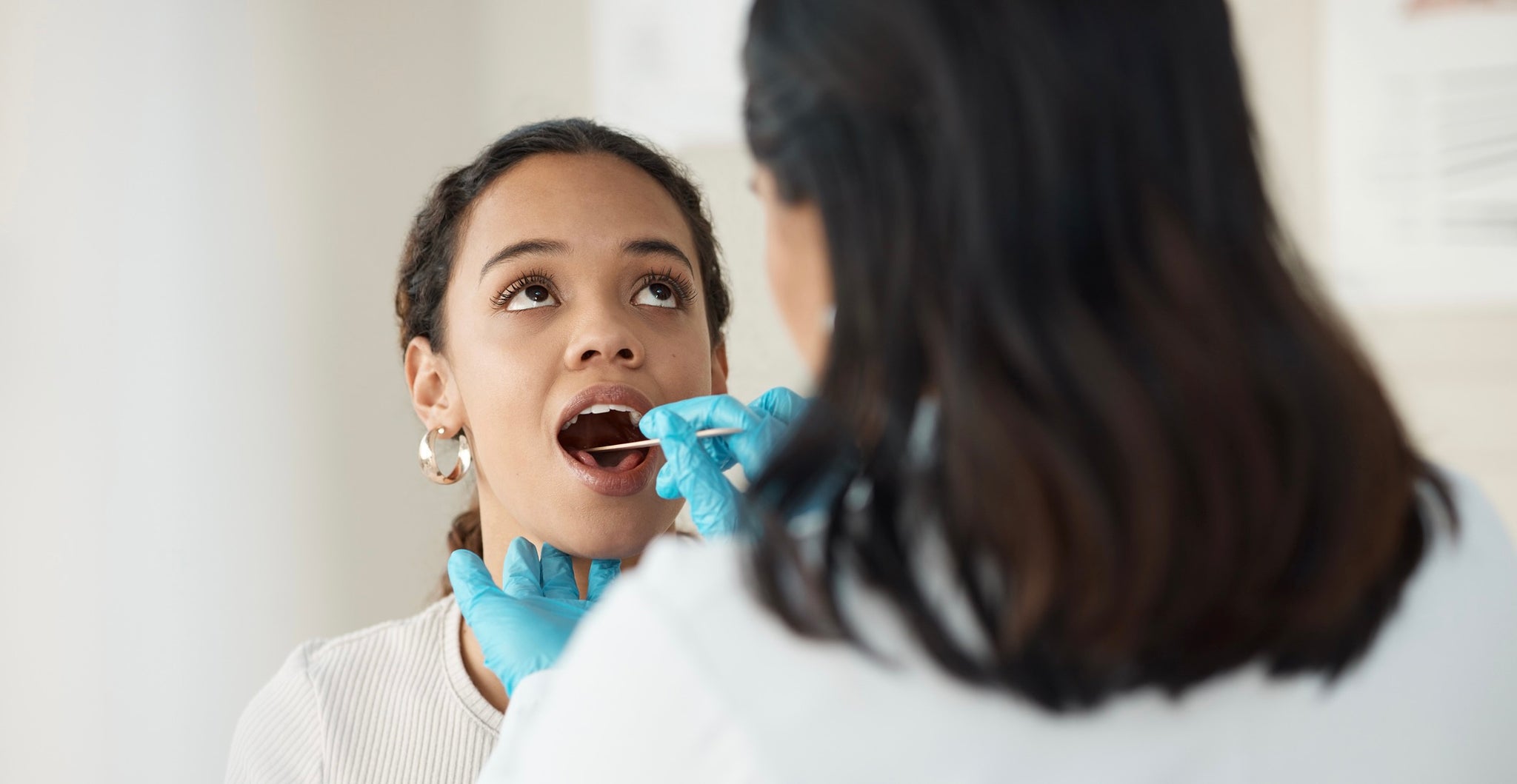The Link Between Oral Hygiene and Cancer
Although there are no known causes of oral cancer, recent studies suggest that poor oral hygiene can put people at a higher risk of developing oral cancer. Read on to find out the symptoms to look out for, and how best to look after your mouth to reduce the risk!
Beware of the Risks
Some lifestyle choices put us at higher odds of developing oral cancer, so it’s important to know what these are to avoid them! Things which also cause other health issues in the mouth are linked to oral cancer, such as smoking or tobacco use, alcohol consumption, poor oral hygiene, and bad diet. When these are compounded the effects are worse: the highest risk group for oral cancer is people who do not regularly partake in an oral hygiene routine, and also use chewing tobacco.
What are the Symptoms?
Oral cancers are usually found in three places: in the mouth, on the lips, and on the tongue. Cancer can also develop in the throat, connected to the mouth, but in this location it’s known as throat, or Oropharyngeal cancer. The manifestations of oral cancer often look similar to other oral health concerns, and can include symptoms such as sores in the mouth that don’t heal, loose teeth, aching jaws or gums, and problems with chewing and swallowing, amongst others.
When to Investigate Further
Although many symptoms of oral cancer mimic other issues in the mouth, they are not one and the same. Before panicking about ulcers in the side of your mouth, consider what other things might have caused them! An accidental bite to your cheek when chewing or eating scalding food can cause ulcers to your cheeks and tongue, but these do not mean you have oral cancer! A good rule of thumb is to monitor how long symptoms last, and whether or not common remedies are effective. For instance, if you find ulcers in your mouth which persist after treatment with salt water gargling or corticosteroid lozenges for more than two weeks, it may be worth investigating. Whatever your symptoms, the best thing to do is visit your dentist, who will be able to more quickly tell you whether or not you have anything to worry about!
How to Prevent and Protect Yourself from Oral Cancer
The most important thing to do is to maintain a regular oral hygiene routine, including brushing for two minutes twice a day with a good quality toothbrush and flossing. There’s no better alternative than this, and it’s simple and easy to keep up with once you’re in the swing of it! If you find that you are reluctant to brush your teeth, consider encouraging yourself by investing in a sonic powered toothbrush or luxurious toothpaste to make your brushing experience one to look forward to!
Although cancer is scary, keeping yourself healthy and observant is the best way to ensure a long and healthy life for yourself and your teeth!


